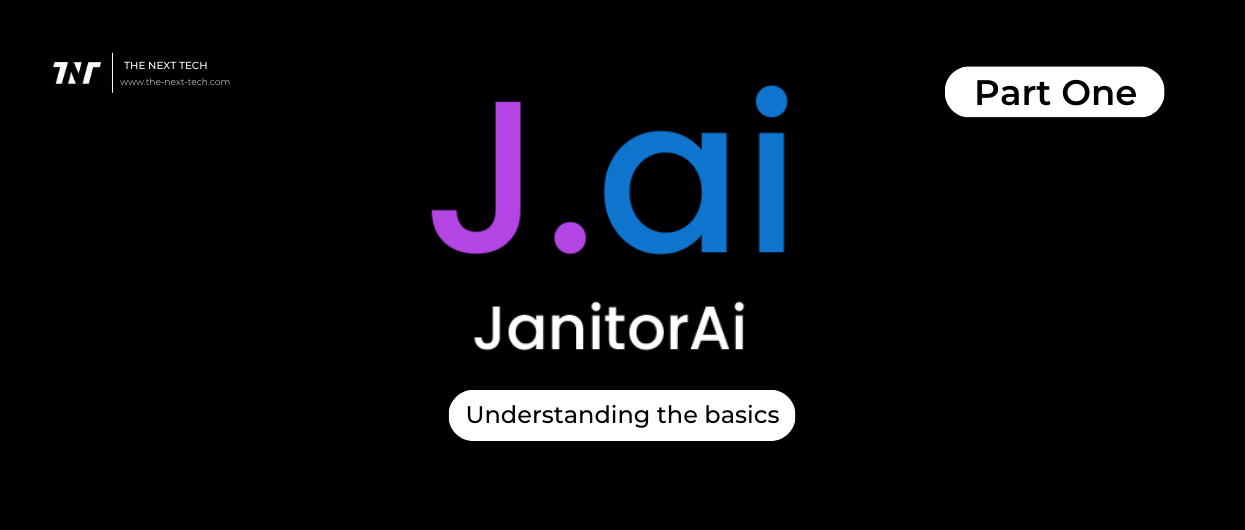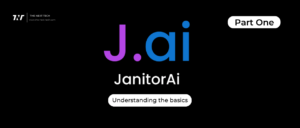The Latest Trends in SEO: What You Need to Know in 2025
Search Engine Optimization (SEO) is constantly evolving as search engines refine their algorithms to provide users with the best results. In 2025, SEO is more dynamic than ever, with new trends shaping how websites rank on search engines like Google. Whether you’re a digital marketer, business owner, or content creator, staying updated with these trends is crucial to maintaining and improving your online visibility.
1. AI-Driven SEO and Google’s Search Generative Experience (SGE)
Artificial Intelligence (AI) is playing an increasingly significant role in search engine rankings. Google’s Search Generative Experience (SGE) is a game-changer, offering AI-generated responses at the top of search results. This means websites must optimize their content for AI-powered searches by providing clear, authoritative, and structured information.
How to Adapt:
- Focus on creating well-structured, fact-based content.
- Use conversational and question-based keywords.
- Optimize for featured snippets, as they are often used by AI-driven search results.
2. E-E-A-T: Experience, Expertise, Authoritativeness, and Trustworthiness
Google’s emphasis on E-E-A-T (Experience, Expertise, Authoritativeness, and Trustworthiness) means that content must demonstrate credibility and reliability. This is particularly important for industries like finance, health, and legal services.
How to Adapt:
- Publish content from recognized experts in your field.
- Showcase author bios with credentials and social proof.
- Get high-quality backlinks from authoritative websites.
3. Voice Search Optimization
With the rise of smart speakers and voice assistants, more users are performing searches using voice commands. These searches tend to be longer and more conversational.
How to Adapt:
- Use natural language and long-tail keywords in content.
- Optimize for question-based searches (e.g., “How can I improve my website’s SEO?”).
- Implement structured data (Schema markup) to help search engines understand your content better.
4. Visual and Video SEO
Google is prioritizing visual content, including images, infographics, and videos in search results. Video content on platforms like YouTube can also drive significant traffic.
How to Adapt:
- Optimize images with descriptive alt text and compressed file sizes.
- Add subtitles, transcripts, and keywords to video content.
- Use YouTube SEO tactics such as optimized titles, descriptions, and tags.
5. Zero-Click Searches and Featured Snippets
More users are finding answers directly on the search results page without clicking a website link. These zero-click searches are powered by featured snippets, knowledge panels, and AI-driven answers.
How to Adapt:
- Structure content in a Q&A format.
- Use bullet points and lists to improve snippet chances.
- Focus on local SEO for location-based searches, such as “best SEO agencies near me.”
6. Mobile-First Indexing and Page Experience
Google now prioritizes the mobile version of a website for ranking. A poor mobile experience can lead to lower rankings, so optimizing for mobile is essential.
How to Adapt:
- Ensure your website is responsive and mobile-friendly.
- Improve page speed using tools like Google PageSpeed Insights.
- Simplify navigation for a better user experience.
7. AI-Powered Content and Ethical Considerations
AI-generated content is becoming more common, but Google prioritizes human-written, high-quality content over automated, low-value articles.
How to Adapt:
- Use AI as an assistant, not a replacement for human writers.
- Focus on originality, creativity, and unique insights.
- Regularly update content to keep it relevant.
Conclusion
SEO in 2025 is about providing value, optimizing for AI-driven search, and focusing on user experience. Staying ahead means adapting to new technologies, search behaviors, and Google’s evolving algorithms. By implementing these strategies, businesses and content creators can improve their rankings and stay competitive in the ever-changing digital landscape.













2 comments